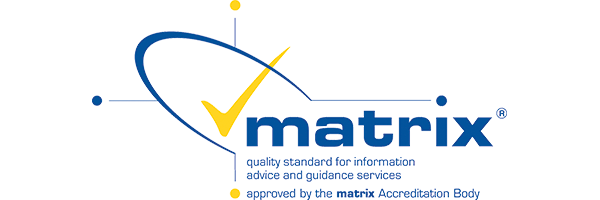Christmas Binge Drinking: The Facts You Should Know
Christmas is fast approaching, as too is party season for many places of work. With festive markets and mulled wine stalls springing up in towns and cities up and down the country, the amount of alcohol we consume as a nation at this time of year will inevitably increase.
The month of December is undoubtedly a time for socialising, relaxing and enjoying ourselves after a hard year’s work. But it’s important to keep in mind that the effects of alcohol on the body are the same as they are during any other month; and that binge drinking in particular can pose an increased risk to heart health.
The risks of drinking too much
Drinking too much alcohol has several risks. In the short term, you risk:
- accidents and injury;
- violence;
- reduced circulation;
- raised stress levels; and
- disturbed sleep (your sleep can be disturbed after as few as one or 2 drinks).
Simple steps to reduce how much you drink this Christmas
- Have a goal
- Eat something
- Downsize the supersize glasses
- Stop the top-ups
- Avoid drinking alone
- Sip your soda from a wine glass
- Weave in glasses of water
Know your units and monitor your intake. The effects of alcohol on your health will depend on how much you drink. The less you drink, the lower the health risks.
‘Single session’ drinking (AKA binge/session)
Drinking too much too quickly on any single occasion can increase your risk of:
- accidents resulting in injury, causing death in some cases
- misjudging risky situations
- losing self-control, like having unprotected sex
To reduce your health risks on any single session:
- limit how much you drink
- drink more slowly
- drink with food
- alternate with water or non-alcoholic drinks
Sensible Drinking
Here’s what can you do to limit the damaging effects that alcohol has on your body, yet not give up completely:
- Stay within the new guidelines
- Have a majority of alcohol-free days
- Help your body clear out the alcohol by drinking plenty of water between alcoholic drinks. It’s estimated that your body needs four-parts water to every one-part alcohol to remove it from your system.
- Keep an eye on your urine. Alcohol is a diuretic; in other words it encourages your body to flush away water. If your urine is dark amber or strong smelling your body is dehydrated and if you drink alcohol this can stress your liver.
- Drink slowly. This gives your body – and more importantly your liver – time to metabolise and flush the toxins from your body.
- Never drink on an empty stomach as this floods your body with alcohol and forces your liver to work too hard. Make sure that you eat carbohydrates and fats before drinking alcohol to line the stomach, prevent nausea, hangovers and to avoid getting drunk. Food will also absorb some of the alcohol, thereby slowing its delivery into your blood stream. This allows your body to process the toxins slowly and safely.






